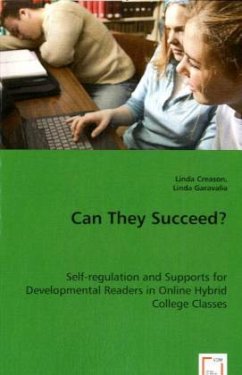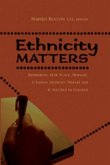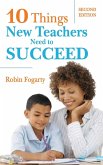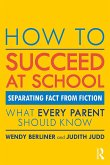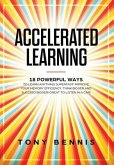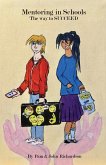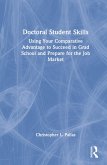The use of online and hybrid course delivery systems has increased throughout colleges and universities worldwide. At the same time, more developmental students, deficient in college level reading skills, are attempting to access higher education. Very little academic literature exists on how to support these students in the hybrid course setting and few studies have considered factors that would aid in student success. A program review of traditional and hybrid online developmental reading classes at Johnson County Community College, Kansas, USA, provides insight into students\\\' Internet self-efficacy, self-regulation, reading ability, achievement, preferred support mechanisms, and optimal ratios of traditional to online course components. This program review should be valuable to professionals in higher education dealing with underprepared students and access. Administrators and faculty striving to increase student retention and success in their programs can use this materialto make informed decisions regarding best practice methods of course delivery.
Bitte wählen Sie Ihr Anliegen aus.
Rechnungen
Retourenschein anfordern
Bestellstatus
Storno

